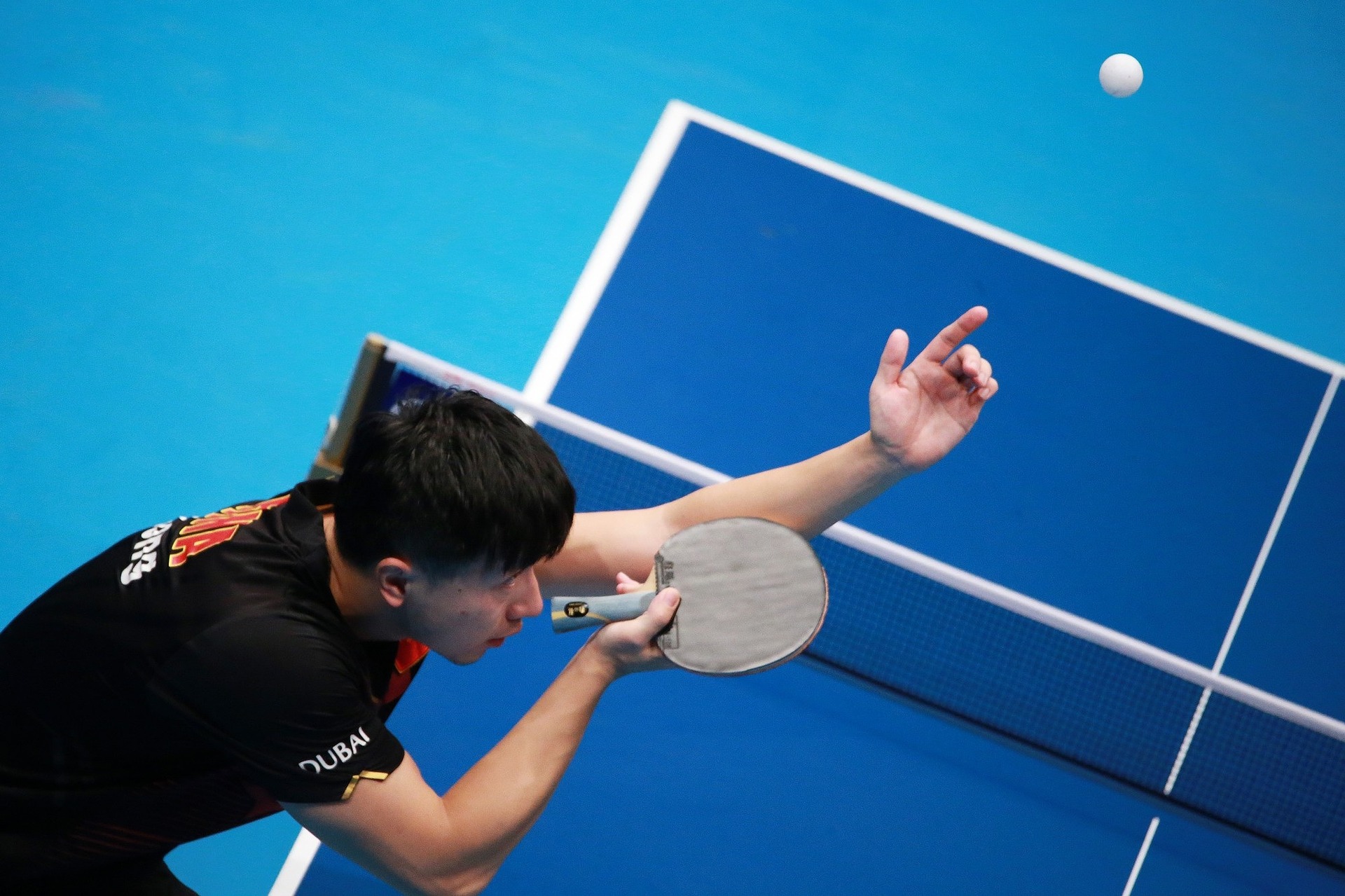Foreword: Winning at betting is not at all easy for one reason: the house reserves a mathematical advantage that is on average 5% but can be as high as 8%. For this reason, certain rules must be followed with a lot of discipline. For those who are less experienced, we share with you some tricks and tips that can come in very handy.
Winning at betting: value odds
Bookmakers always reserve a mathematical advantage. Our chances of winning are small, and we have to be good at taking advantage of them when the house miscalculates and gets odds (called value odds or value bets) wrong.
On this basic concept for the world of betting we defer to our ad hoc section we wrote on value bets and the tricks you can apply to spot them.
When you bet by value, the mathematical advantage is on your side and not the banker’s. It is the only way to win seriously.
But let’s look for those not used to professional betting to dispense other useful and very simple tips.
Value betting: when the odds are much higher than the market average (spreads odds)

Many bettors have a hard time identifying value odds, but there are two tricks to understanding when an odds has potential in this regard:
- generally the value odds must be much higher than the market average (I assure you there are quite a few).
- when the odds are higher than the Pinnacle line, which for professional bettors, is the bookmaker that calculates odds almost perfectly (thanks in part to its handling of large volumes) and is unbeatable in the long run.
Winning at betting: always bet on the highest odds in the market
This may seem like a trivial concept, but few people actually apply it. The smartest bettors, on the other hand, have open accounts at many bookmakers and bet only when the odds are convenient (that is, they are very high).
Using and consulting odds comparators or services that tell you when an odds is higher than the competition is a good way to approach betting.
Let me give you a trivial example: always bet with a 100 euro stake. If you use comparators (such as Oddschecker, one of the most popular) you will find that, especially when markets open (when the odds come out) there can be interesting differences.
The odds level off near the start of the sporting event but, in the opening, there are substantial differences. And betting with an odds (I give a trivial example) at 1.40 versus that at 1.30 there is an abysmal difference.
Let’s say that we guess 3 out of 4 bets: in the first case (odds at 1.40) we will make a profit of 20 euros (ROI 5%), in the second case instead we would have lost 10 euros (negative ROI -2.5%). This is an extreme example but one that makes the ide well about the difference between being a winner and a loser at betting.
Winning at betting: timing is everything
As I told you earlier, odds change from the opening to the closing of markets. The most skilled and experienced bettors, in this long run, manage – on some occasions – to spot the wrong odds (value odds). But it is a matter of a short time, then the odds are changed. One must have timing.
Especially at the opening stage, there is a spread between the odds, the prices are often different from each other. And there are odds that are sometimes much higher than they should be. And in fact they drop right away, because the more experienced ones identify the intrinsic value of the odds and bet a lot of money, pushing them down.
Winning at betting: knowing the life of a share, the dropping odds
Since a quote can change even considerably (on some rare occasions by as much as 40 percent) from opening to closing because of the volumes collected, it is important to know the life of a quote: if it has risen then there will be less chance of winning (there are poor volumes matched), if it dropping (goes down) with a variation above 20 percent you need to analyze well the reasons, the causes (injuries etc) because the money has poured all over that mark.
Sometimes it is just simple speculation of the markets, but in many cases, there is a real reason why the share went down and prompted the bettors to massively put a lot of money on that outcome.
Winning at betting: never bet on multiple schedules, yes on singles

We have explained to you-scientifically-why betting on many events in multiple betting slips is wrong. The house advantage is multiplied and it becomes impossible for the bettor, in the long run, to be a winner.
The only theoretical way to win with multiples is to enter only value odds, but it is not simple at all, to find at least 2 wrong odds from the same bookmaker, at the same time.
But trust us, math is not an opinion: if you bet in multiples, the house advantage can be as much as 30% higher than the actual odds (i.e., you will be paid much less than your risk).
Winning at betting in the long run: respect your bankroll, be responsible
The key, as in poker, is to never put your entire budget on the line for a few bets but to manage your bankroll intelligently and responsibly.
Generally, professionals allocate a risk for each individual bet that is equal to a percentage of their budget that varies from 1 to 5 percent depending on the bet and many other factors.
The only way to be truly successful at betting is to manage your money well and be responsible, using your head!
